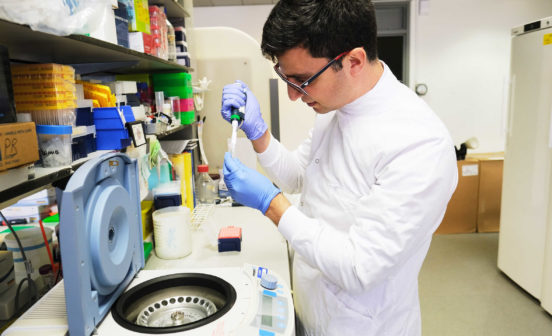DiagnosticPrevention London Life Sciences Prospective Population Study (LOLIPOP)

The LOLIPOP study represents the first well-powered prospective investigation of incident cardiovascular disease and type 2 diabetes (T2D) in South Asians. Our findings have enabled us to identify waist circumference and HbA1c as simple, readily accessible, clinical biomarkers that accurately predict future T2D in this high risk population. Waist circumference ≥100cm identifies ~50% of South Asian men and women in the UK who will develop T2D.
These observations provide a strong, evidence-based rationale for EU H2020 iHealth-T2D study in which we will determine the clinical utility and cost-effectiveness of HbA1c and waist circumference for identification of South Asians at high risk of T2D (in UK and worldwide), to enable scalable implementation of lifestyle modifications to improve health.
We made available the first repository of South Asian-specific genetic variation based on whole genome sequencing (Chambers et al. PLoS One, 2014), which has been used by scientific colleagues in other institutions to interpret the genetic sequence data of South Asians with suspected genetic disorders (e.g., Chen et al., Science, 2014). The resource is underpinning ongoing population-specific analyses of the genetic factors underlying the high prevalence of cardiometabolic disturbances amongst South Asians.




